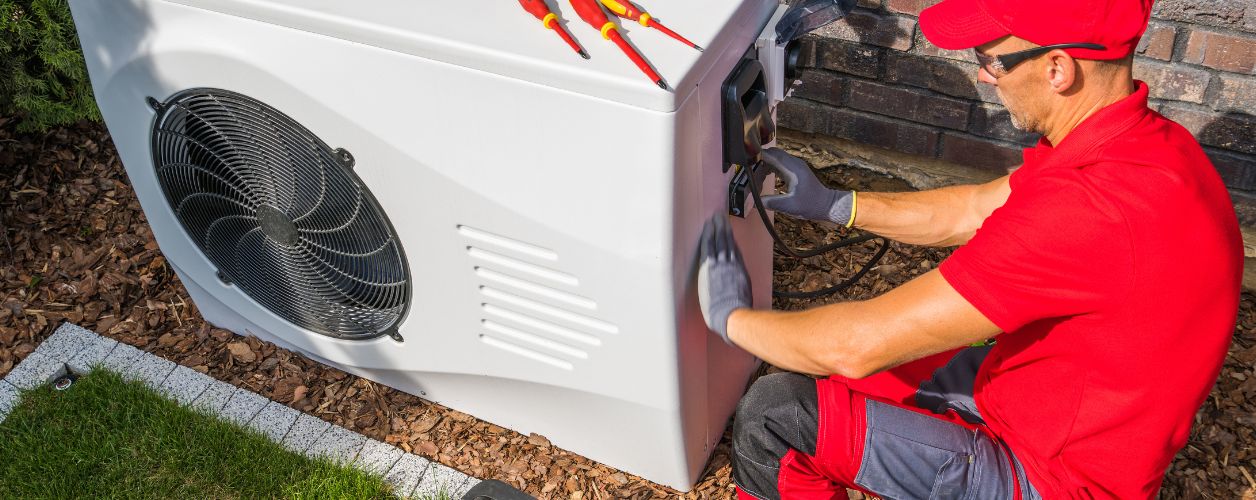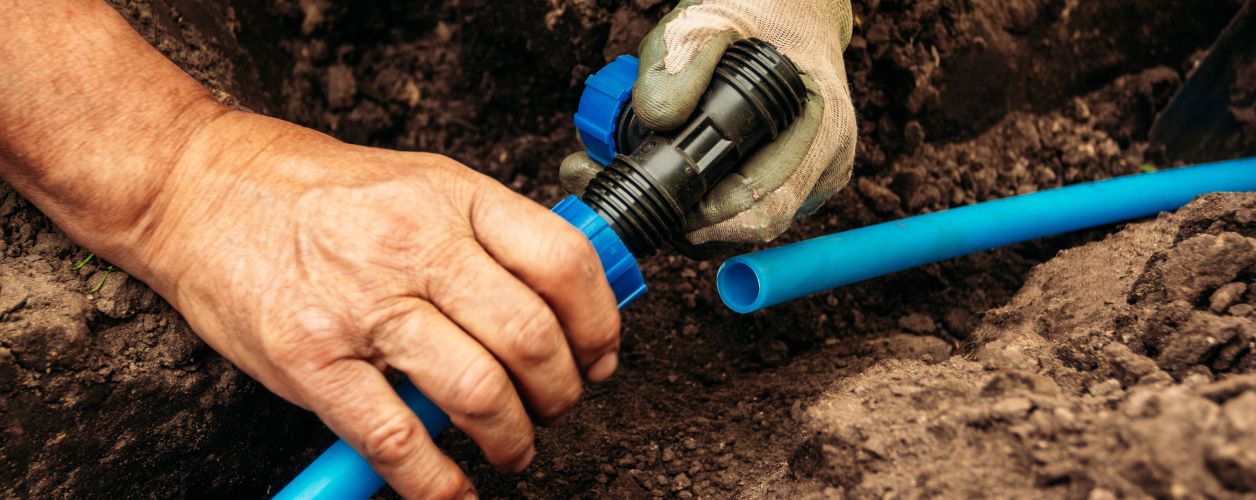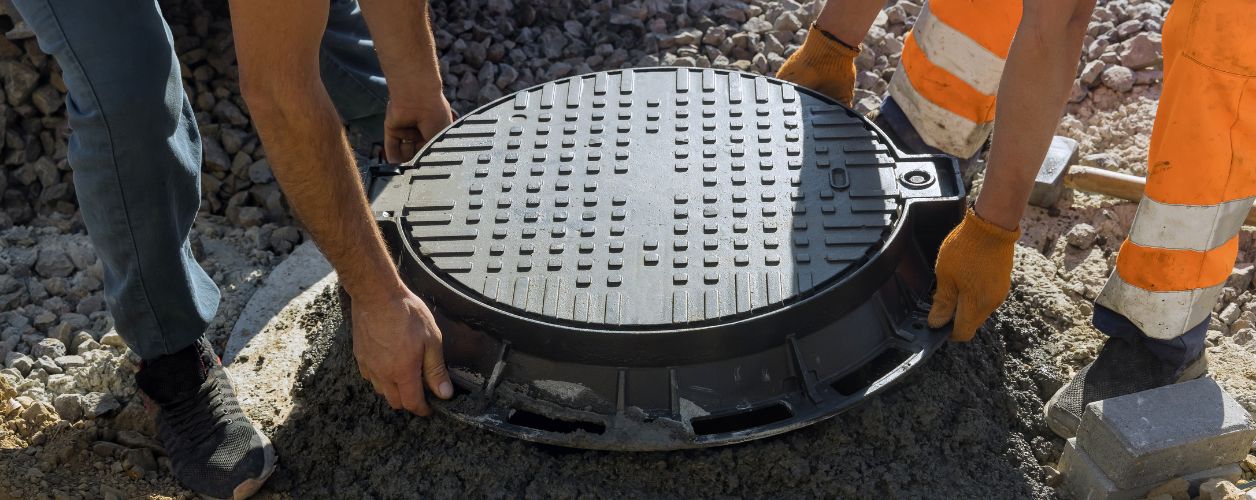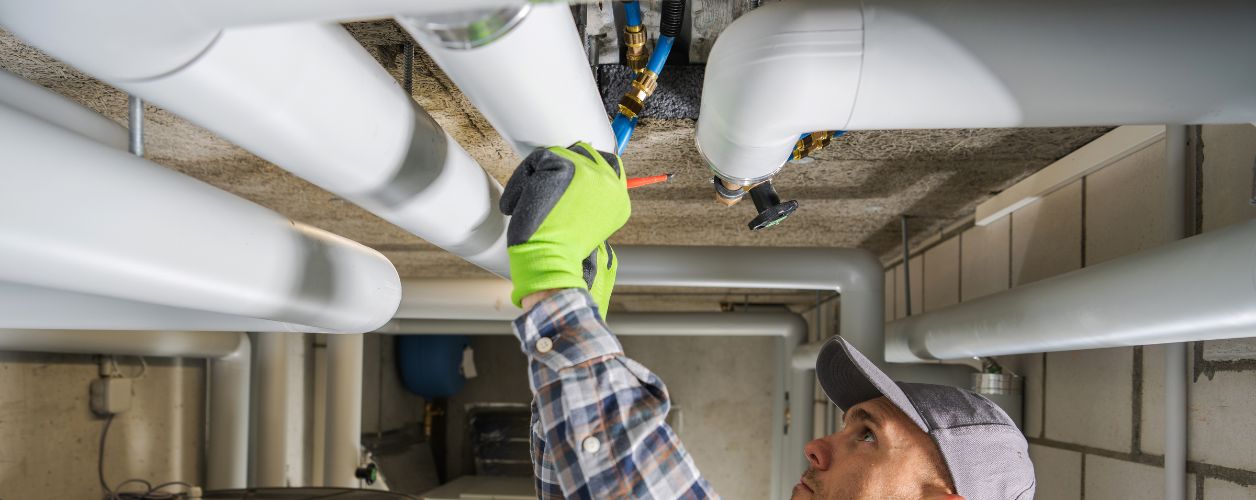Expect to pay £180 to £450 for a standard domestic replacement, though high-end systems or emergency replacements can cost significantly more.
Although replacing a circulator pump in the UK can appear to be a minor task that is slid into the heating scheme of your home, it is actually a much bigger deal than you might first think of, given the reasons that it is so cost-involved at that. The circulator pump is extremely important in ensuring that your household gets warm and the warm water is carried to the radiators and then back to the boiler. Once it breaks down or starts working inefficiently, the subsequent consequences may include discomfort, rising costs of energy and even damage to your heating system.
But what is it actually costing the UK to replace a circulator pump? That is indeed the big question that this is going to address. Whether it is average replacement costs, labour, materials, possible add-ons, regional differences, and whether a repair is worthwhile at all, we want to have it all explained to you in this instructive guide.
What Is a Circulator Pump and Why Does It Matter?
Before we go into the costs it is prudent to learn what a circulator pump is. It is the task of this pump to make sure that hot water circulates in your central heating system correctly. In its absence, the boiler can heat the water, but the heating cannot flow where it is necessary; as a result, your house will still be cold and radiators with an average temperature.
To operate your modern homes, circulator pumps are an important feature especially in high-efficiency condensing boilers coupled with pressurised systems. An inefficient or defective pump may lead to uneven heating or a rise in energy consumption (or even breakage of other parts of the heating system) unless repaired in time.
When should a Circulator Pump be Replaced?
The indications of a defective circulator pump should not be ignored as it helps to keep big trouble at bay. You may require a replacement in the case that:
- Radiators do not even heat up or rapidly heating up
- Your boiler is switching repeatedly off
- You find weird sounds such as humming or rattling of the pump
- The pump is on a leakage situation
- The pump is hot to touch and no water appeared to be circulating
Environmental Benefits
The pumps that are high on efficiency make use of a much lower amount of energy. You might also save up to 80 percent of the electricity by swapping an older, continuously operating pump with a fresh modulating pump that will lessen your carbon emissions and energy wastage.
There have also been some newer pumps made of recyclable parts and planned with recycling at the end of life- a bonus to the eco-friendly homeowners.
Total Price of the Replacement of Circulator Pump
Just in case you want to upgrade your home circulator pump,you should know how much you are going to spend and why. In the UK, the average cost to replace a domestic circulator pump typically ranges from £180 to £450. But the quoted price may be different depending on how complex the work is, the neighbourhood you are in, the kind of pump installed and the demand of the pump.
What Does That Price Cover?
Pump Cost: The circulator pump itself usually costs between £70 and £200, depending on the brand, model, and features. The lower end of the scale models are entry level, whereas more developed, energy efficient pumps have a higher market price.
Labour Cost: Hiring a professional heating engineer or plumber to remove the old pump and install the new one will cost roughly £100 to £250. The labour charge may change according to experience, the length of the work and regional disparity in prices (such as boomlet jobs in London are usually pricier).
Call-Out Fee: If the work is done outside of normal hours, or if a standalone visit is required just for diagnosis, some tradespeople may charge a call-out fee of £50 to £100. That is more common in case of emergency repairs or weekend work.
For standard replacements, this puts your total cost between £180 and £450.
What Times May It Be More Expensive?
In some cases the replacement of a pump may be highly expensive. For instance:
- When the heating system is rather old, or not properly taken care of.
- Provided the engineer has to do a powerflush to clear the sludge and debris prior to installing the new pump.
- In the event that alterations to the pipework would be necessary like resizing the pipework or re-routing it.
- Provided a system balancing is necessary installed so that the overall heat distribution can be even.
In such cases, you could be looking at a final bill of £500–£600 or more.
Circulator Pump Classes And Their Prices
The price of the pump itself depends on the type you require to a large extent. Selecting the best model of your System is important not only in terms of the cost, but on its overall efficiency and energy expenditure over the life of your system.
Standard Single Speed Pumps
These are more conventional models and are aged which operate at constant speed irrespective of the need to heat your house. They are not as efficient as they should be nowadays, but they can be commonly found in many households today and are also replacing them at a very cheap rate.
Cost: £70 to £120
Most suitable: Heating systems which are small and simple or direct like-for-like replacement.
Inserate models: Grundfos UPS 15-50, Wilo Gold.
Modulating (Variable-Speed) Pumps
The new circulator pumps are configured to vary in speed, which adjusts to the heating need, thereby making energy consumption much more efficient. They will save you money in the long-term in terms of having reduced heating bills, the wearing out of your boiler and other parts of the system due to impact.
Cost: £120 to £200+
Most suitable to: The moderate to high heating demand homes or inefficient homes that want to get energy efficiency.
Examples models: Grundfos Alpha2, Alpha3, Wilo Yonos Pico.
High Flow or Custom Pumps
Such pumps are designed to offer more ambitious systems with under floor heating, different heating outcomes or bigger homes with prolonged pipes. They are able to transport larger quantities of water at a higher pressure thus making the heating of the entire zones uniform.
Cost: £180 to £300+
Good for: Sophisticated or a large heating system, more often in brand new developments or renovations.
Specimen models: Decision depending upon user interface; usually bespoke or user specific.
The installation of these pumps is typically a more involved operation, which might also require some extra pipe work, wiring or system balancing. As such, labour costs can increase, and the overall replacement might edge closer to the £600–£700 mark in some cases.
Breakdown of Labour Cost
The cost of labour to install a circulator pump can range from £100 to £250, based on:
- Experience of the heating engineer.
- Location in the UK.
- The requirement of emergency of the job (the same-day or weekend callouts are more expensive)
- The pump availability The pump is a very essential piece of material, this is so much so that in the event that this pump is inaccessible then this will be a grave situation.
The Prices of Heating Engineer and a Plumber
You can get this job done by both a plumber and heating engineer but if your circulating pump is permanently wired to your boiler/ heating controls then I would recommend a Gas Safe registered heating engineer.
Plumber hourly rate: £40–£80
Heating engineer hourly rate: £50–£100
The Costs Of Emergency Replacement
When your pump stops working in the middle of winter, you may not have time to wait several days to have an inexpensive appointment. Emergency services can add a £100–£200 premium on top of standard costs, depending on time of day and urgency.
Other Expenses To Be Considered
On some occasions, there are hidden add-ons involved when replacing a circulator pump. These are things you should expect:
System Drain/Refill
Sometimes there are no isolation valves or they are not functioning, then this engineer should drain and add the system again.
Cost: £50–£100
New Isolating Valves
When the valves existing on it are seized or even corroded it will be prudent to have them replaced to ensure that they become easier to repair in future.
Cost: £10–£30 (parts), £30–£50 (labour)
System Cleaning or Powerflushing
In case the failure of the pump could be attributed to sludge or other debris, complete cleaning-up of the system could be advised.
Cost: £350–£700
The updates include thermostat/control updates
Other newer, more advanced pumps are better off with newer thermostats (or smart heating controls).
Cost: £100–£300 for equipment and fitting
Regional prices disparity
The overall price may depend on where in the UK you are. And so it goes in a general way:
- London and Southeast: Expect to pay at the top end £350 to £600 or more
- North of England and Midlands: More competitive £250 to £450
- Scotland and Wales: Is generally the same as Midlands but may be higher in rural regions because of the limited exponents of installers
Do It Yourself vs Professional installation
The question you may ask yourself is, can I replace a circulator pump by myself?
Yes, technically but you should not do this unless you have experience working with plumbing or heating. Here’s why:
- Misuse of installation may destroy your heating system.
- Possibility of breaking the leak or electric shock.
- Putting factory warranties into disuse.
- control (has legal regulations (if attached to a boiler, may require a Gas Safe engineer))
So while a DIY replacement might only cost £100 in parts, mistakes could cost you thousands in repairs.
Repair or Replace, which is better?
Problems with some circulator pumps like stuck impellers or blown capacitors are repairable. Minor repairs typically cost £80–£150, but this only makes sense if:
- The pump is not more than 5 years old.
- There are easily found parts.
- The labour cost is not more than the replacement cost.
On pump rebuilds or much-worn older pumps, the long-term option is nearly always more economical replacement.
Ways of Saving Money on Replacement of Circulator Pumps
Compare at least 3 heating professionals: Compare quotes at least 3 qualified heating professionals. You can compare costs and services to hire the best qualified tradespeople.
Warranty: A certain percentage of pumps have a 2-5 year warranty-it may not cost you anything to replace. Newer models, as well, are quieter, need less maintenance and commonly come with compatible smart heating controls-a more comfortable and convenient thing altogether.
No Separate Equities: When a boiler replacement or radiator up-grade is being undertaken, total labour-saving can be achieved by lumping jobs together.
During the Off-Seasons: Spring and summer are cheaper appointments that are more flexible. You can save 5-15/% on labour costs.
Brand Reliability: You pay more up front and end up with fewer breakages. Depending on your system, your modern, variable-speed circulator pump could save you 5-10% a year in heating bills. For the average UK household, that’s £50–£100 per year.
Final Thoughts
Even though upgrading a circulator pump is not a shiny upgrade you will ever do in your home, it is one of the most influential ways of ensuring that the home is well heated, comfortable and energy efficient.
Although it may be tempting, either to cut corners on the labour cost or do it yourself, using a qualified engineer just makes the job be carried out safely and properly and in most cases, it is backed up with a gazette.
The end result of such investments as a high-efficiency pump in the long run is not merely regained heat in the house. It may even allow you to get your bills to lean on, reduce consumption of energy and make your heating system run more smoothly in the following years.




